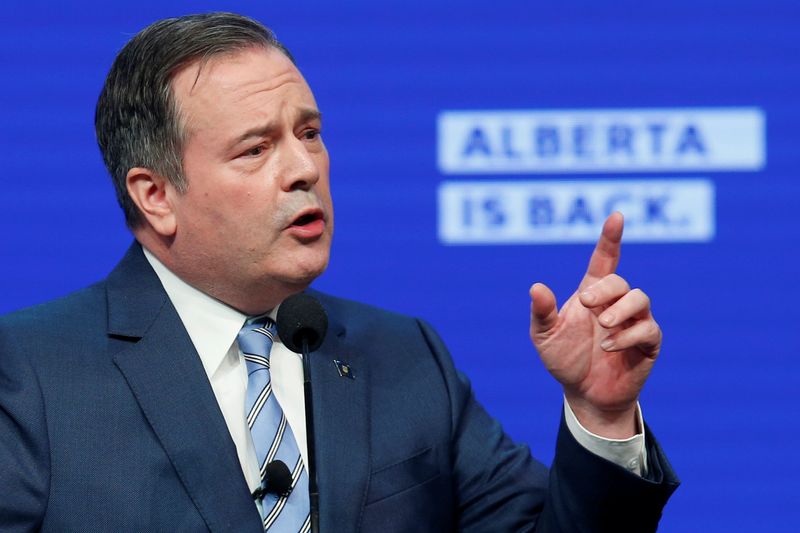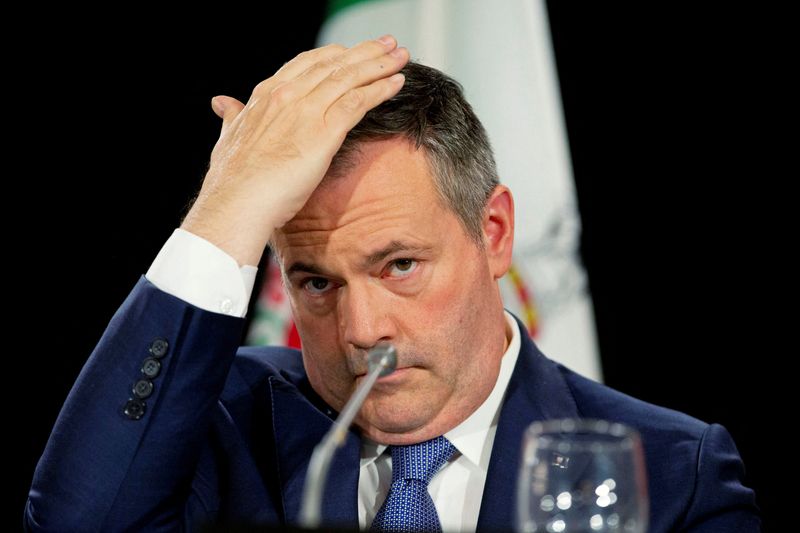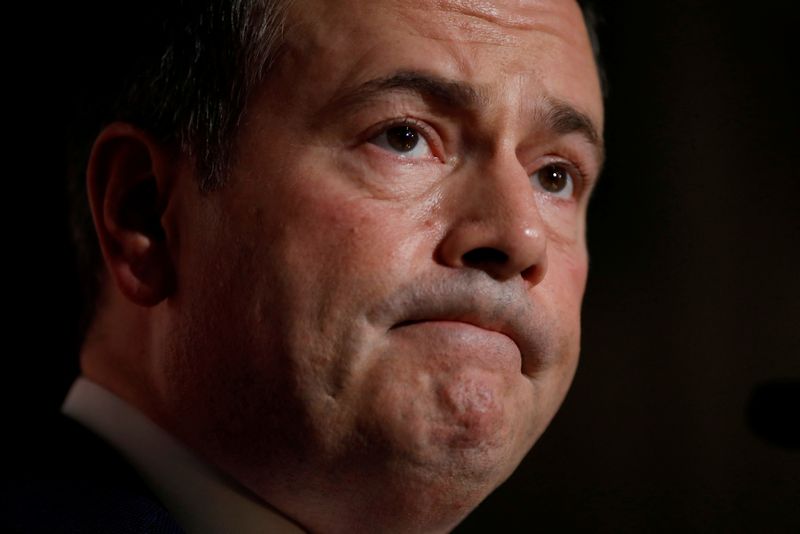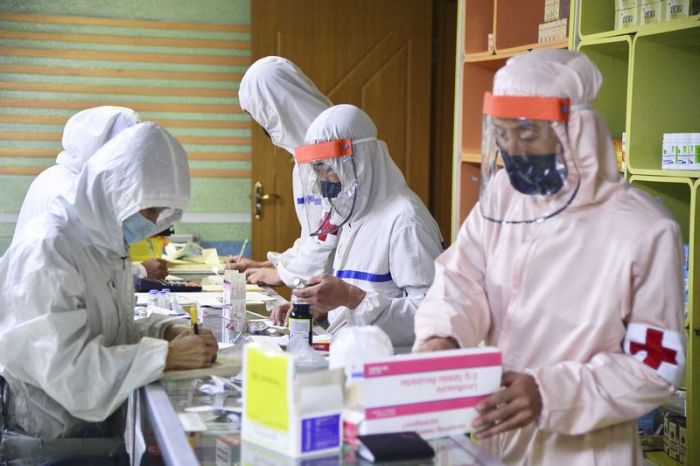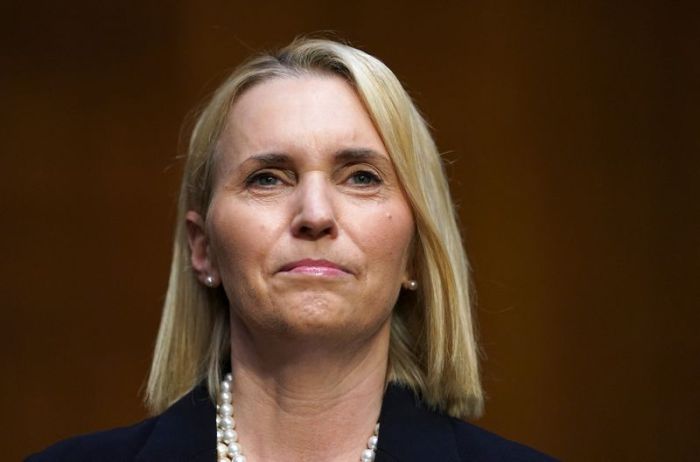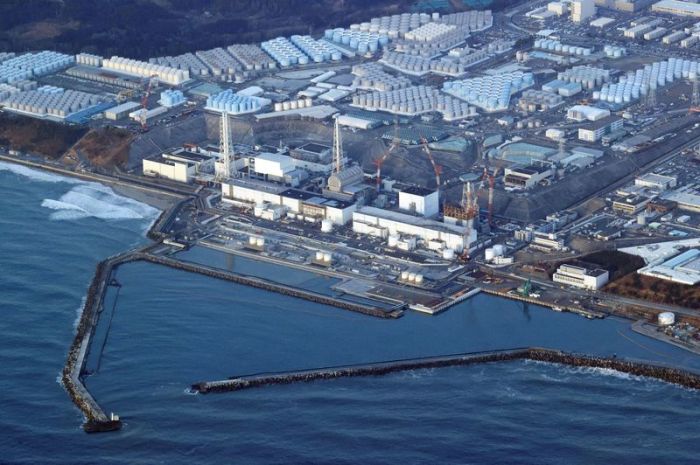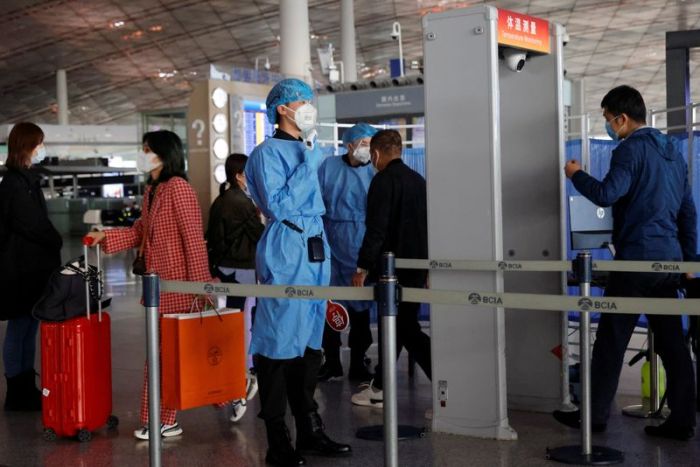By Nia Williams
(Reuters) -Alberta Premier Jason Kenney stepped down as leader of the United Conservative Party (UCP) on Wednesday after receiving only a slim majority in a leadership review, surprising many who had expected him to remain in power despite his increasing unpopularity.
Kenney, the premier of Canada’s main oil-producing province, received 51.4% of the vote from party members. He had previously vowed to remain leader even if he received a simple majority of only 50% plus one.
“While 51% of the vote passes the constitutional threshold of a majority, it clearly is not adequate support to continue on as leader and that is why tonight, I’ve informed the president of the party of my intention to step down as leader of the United Conservative Party,” Kenney told party members in Calgary.
Kenney called the leadership review to stave off a caucus revolt following months of intense criticism of his handling of the COVID-19 pandemic and uncompromising leadership style.
His decision means the ruling UCP will now choose an interim leader and premier, and launch a leadership race. The caucus meets on Thursday morning.
Kenney, a former federal Conservative minister who came to power in Alberta in 2019, had slumped in public opinion polls over the course of the pandemic and faced open revolt from party members.
Kenney’s approach to tackling COVID-19 upset those who thought the public health measures imposed were too strict, as well as those who said the government delayed too long to implement restrictions, allowing hospitals to be overrun.
Even so, he was seen as a tenacious and combative leader and political analysts were surprised by his move.
“I don’t think anybody was ready for him to step back,” said Lori Williams, a political science professor at Calgary’s Mount Royal University.
Some UCP members also criticised the leadership review process itself. There was a late surge in new party membership applications, and a last-minute switch from an in-person vote in Red Deer, central Alberta, in early April, to a mail-in ballot lasting five weeks.
Alberta will hold a provincial election in spring 2023 and the UCP leadership race will likely take several months. The main opposition is the New Democratic Party led by Rachel Notley.
The UCP was formed in 2017 by a merger of Alberta’s two largest right-wing parties, the Progressive Conservatives and the Wildrose party. Williams said the leadership race could expose old divisions within the province’s conservative movement.
“If the leadership vote happens and people say they are not being represented, this could split the (conservative) right open again,” she added.
(Reporting by Nia Williams and Eric Beech; Editing by Kenneth Maxwell and Richard Pullin)

